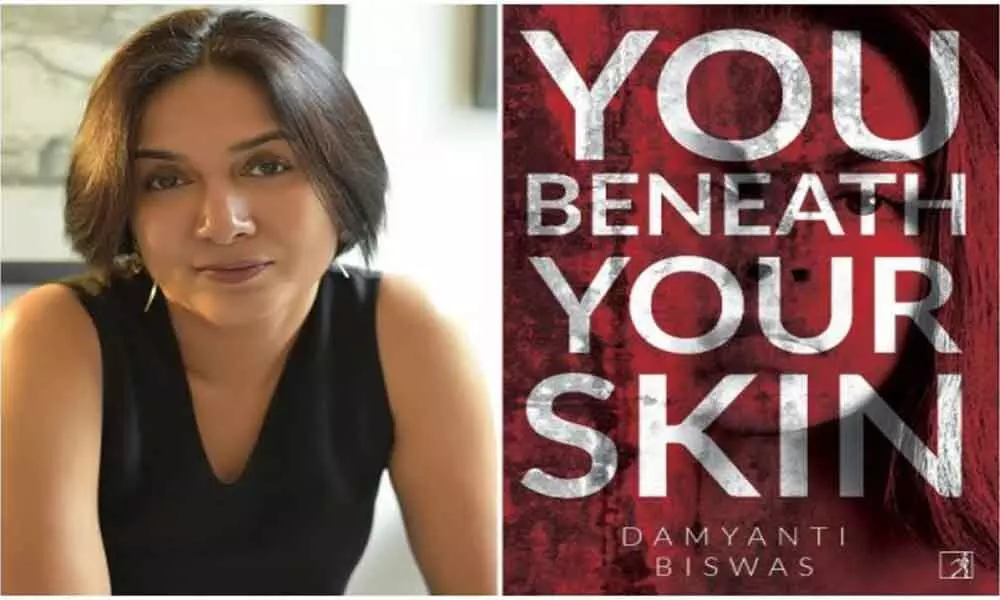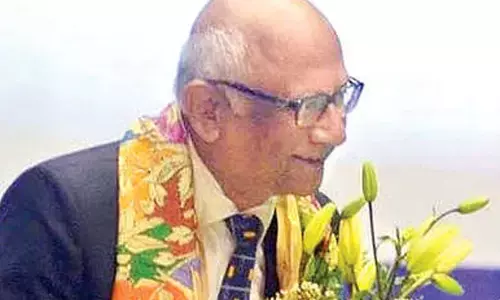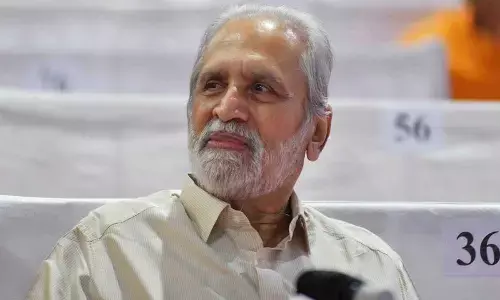Crime and punishment: 'You Beneath Your Skin' Novel by Damyanti Biswas

Implementation of POCSO Act needs scrutiny: Damyanti Biswas
Author and social activist Damyanti Biswas, whose novel "You Beneath Your Skin" explores the dark underbelly of the national capital and its spiralling crime spree, says though violence against children under 12 attracts the death penalty under the Protection of Children from Sexual Offences (POCSO) Act, yet its implementation "needs scrutiny".
"Implementation is where this law needs scrutiny, because a lot of aspects like medical examination of children without their consent, to detect signs of abuse, are unclear. Sexual contact between consenting adolescents needs to be separately defined as well, which is not the case at present. POCSO, while a positive step, needs to be more defined, and the repercussions of capital punishment better evaluated. Fear of capital punishment might lead the abuser to silence the survivor permanently," Biswas said during an interview.
On how the book come about, she explains. "This novel has been a lot of time in the making. Over the years, once I discovered what the story of 'You Beneath Your Skin' was all about, I had to make sure that everything in the story was authentic - be it characters, events, or the setting.
"From taking a car and driving around all the roads in Delhi to making sure the time taken to reach point A to point B is exactly as it has been described, to visiting doctors of acid attack survivors, to meeting police officials to understand process and procedure, or interviewing acid attack survivors to glean an understanding of their suffering and fortitude - the book took months of research," Biswas explained.
It also helped that she was already volunteering with Project WHY from time to time, which gave her a real sense of what underprivileged communities looked like from the inside. Project WHY began in 2000 with a handful of volunteers teaching English to 40 children from underprivileged homes. Today, it covers 1,100 children and 200 women and has created 50 job opportunities.
On why the story is related in the fiction and not the non-fiction format, she answers, "Non-fiction and fiction both tell the truth, but in different ways. Non-fiction gives you information and knowledge, but fiction gives you an experience. I prefer fiction because there's a certain amount of license to tell the truth, a way to make the reader empathise with the characters - and possibly to bring about a change in the mindset without resorting to a lecture. Fiction lets you stand in someone else's shoes - and helps you find a better understanding of the other."
















